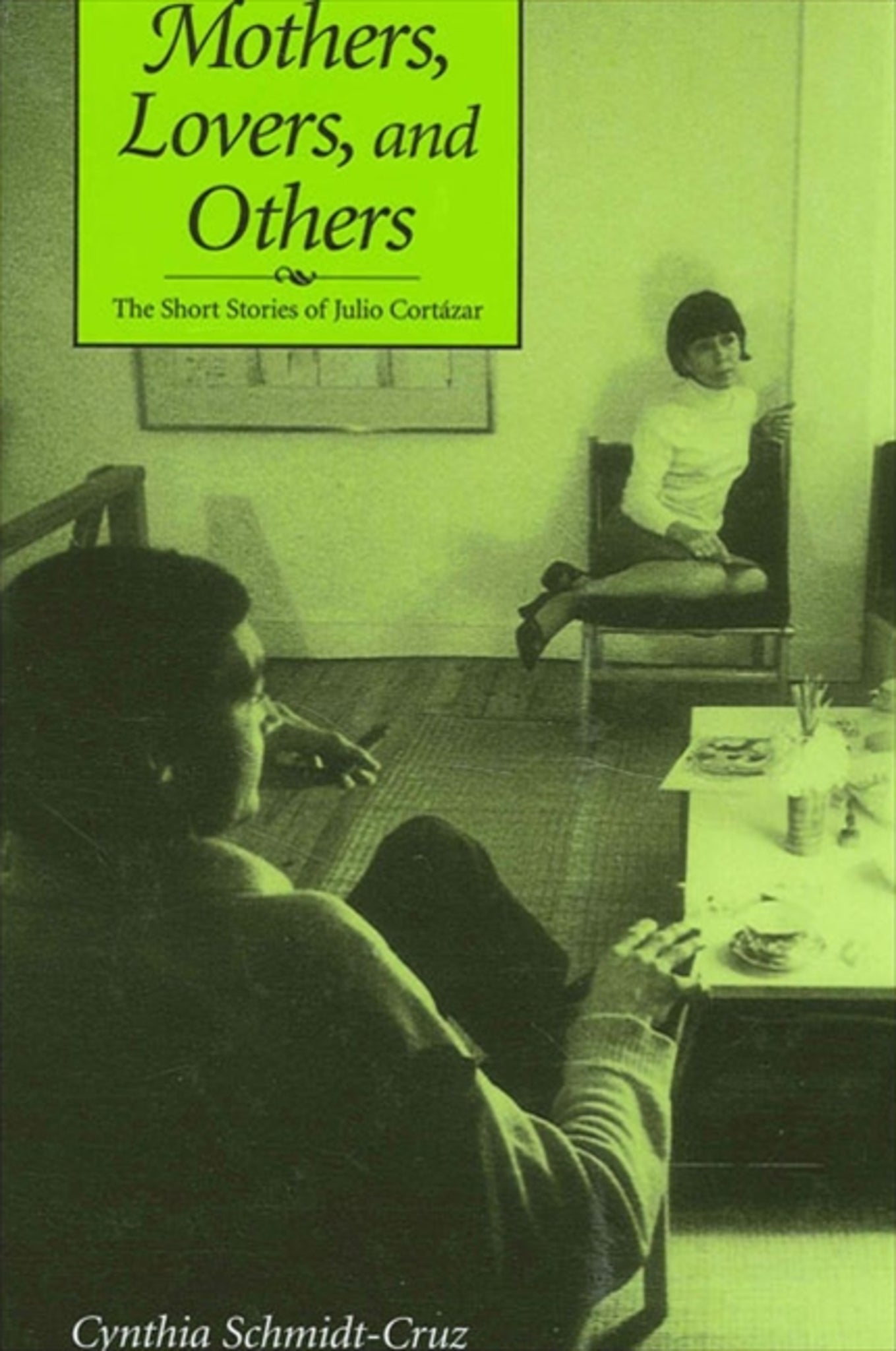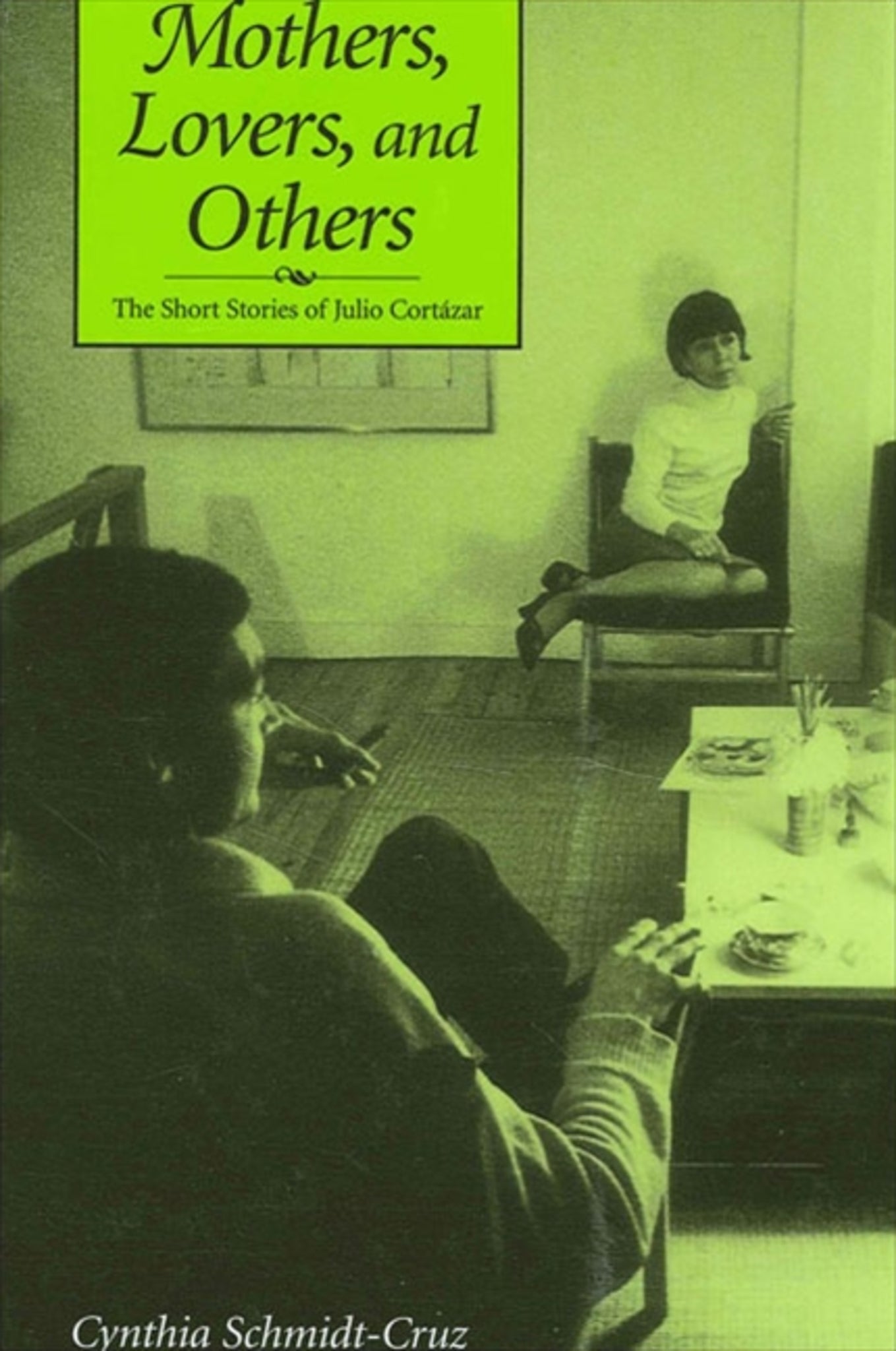We're sorry. An error has occurred
Please cancel or retry.
Mothers, Lovers, and Others

Some error occured while loading the Quick View. Please close the Quick View and try reloading the page.
Couldn't load pickup availability
- Format:
-
04 December 2003

Provocative reappraisal of the portrayal of women in Julio Cortázar's short stories.
Using feminist revisions of psychoanalytic thought and cultural studies, Mothers, Lovers, and Others examines the pervasive role of the conception of the feminine in the short stories of Argentine writer Julio Cortázar (1914–1984). Contending that his obsession with the mother is the source of Cortázar's uneasiness with femininity, Cynthia Schmidt-Cruz traces an evolution in his relationship to female space, from a convoluted and defensive posture to a more open and tolerant stance, paralleling his increasing political commitment. Schmidt-Cruz explores the role of gender in Cortázar's quest to reconcile his divided allegiance to Argentina and France, and his denunciation of the atrocities of the Argentine military dictatorship.


Acknowledgments
Chronology of Cortazar's Stories
1. Introduction: Cortazar's Female Space and the Configuration of Masculinity
Cortazar's Psychological Obsessions: What's Mom Got to Do with It?
It's Not Me, It's My Dream: The Unconscious and the Unraveling of Sexual Identity
The Evolution of Female Space: A Cautious Rapprochement
2. The Personal and Cultural Context
Cortazar and Women, Cortazar on Women, Cortazar's Women
Values Associated with Motherhood
3. The Omnipotent Mother
"La salud de los enfermos": Caring Exquisitely for Mama
"Cartas de mama": Fantasies of Persecution
4. Mothers and Lovers
A Freudian Fallacy
"Historias que me cuento": The Walter Mitty Complex
"Deshoras": Desperately Seeking Sara
Mother's Darling
Love Affairs: Frustration, Betrayal, Violence
5. Defiant Women, or Coming to Terms with Difference
"Cambio de luces": What Does Luciana Want?
6. "Euridice, Argentina": Women and the Guilty Expatriate
The Family Allegory
"El otro cielo": Dispassionate Patriotism
"Cartas de mama": Mama in the Empty House
"Recortes de prensa": Rage and Impotence during the Proceso
"Diario para un cuento": Anabel/Eurydice Shows Orpheus
What a Cad He Was
7. Women and the "Dirty War"
A War Waged on Women's Bodies
"Pesadillas": The Anguished Patria
"Graffiti": The Female Body—Erotic Object versus Cautionary Message
The Politicization of Motherhood
"Recortes de prensa": Frustrated Writers, Juxtaposed Mothers, Guilty Revenge
"Nuevo elogio de la locura": Motherhood, Madness, and Cortazar's "zona sagrada"
Conclusion
Notes
Bibliography
Works by Cortazar
Interviews of Cortazar
Studies of Cortazar's Works and Life
General Bibliography
Index



